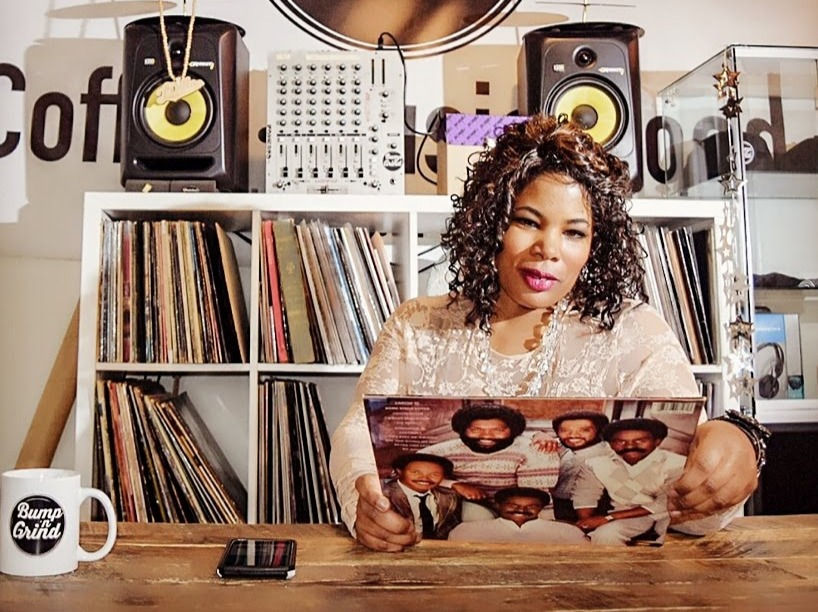June Bookshelf - The Other Black Girl
- Admin
- Jun 27, 2023
- 4 min read
Updated: Sep 10, 2023

At some point, we have all been in a situation where we are the only one. The only minority, the only gender, the only child, the only anything. This is one reason I enjoyed "The Other Black Girl". Just when you think you have it all figured out, Zakiya Dalila Harris throws a curveball into the plot. In Harris' shrewdly splendid presentation, a youthful publication colleague is excited when her extremely White manager enlists another Person of color — yet it before long turns out to be clear there's a vile thing about the new young lady, who isn't what she appears.
Youthful, scholarly, and aggressive, Nella Rogers has spent the most recent two years as a publication colleague at Wagner Books, a head New York City distributing house, where, for the total of her (fairly slowed down) residency, she's been the main Individual of color in the room. How she feels about this relies upon the day — for every one of her disappointments, she can't resist the urge to be a little pleased with her pariah status — yet, she's energized when she distinguishes one more Person of color on her floor: at long last, another person who gets it. Also, she does, from the beginning. Wagner's most current publication collaborator, Hazel-May McCall, cool and reserved, rushes to get to know Nella, repeating her dissatisfactions with the never-spoken racial governmental issues of their office, empowering her to shout out. In any case, it doesn't take long for Nella to understand something doesn't add up about Hazel, regardless of whether she can't be completely sure.

There's an unusual thing about how effectively she fits in among the higher-ups at Wagner, about the way she's in a split second and generally darling by top editors, the way her story — brought into the world in Harlem, a girl of social liberties activists, a granddad who passed on dissenting — precisely matches their thoughts regarding Darkness such that Nella's working-class rural youth won't ever will. And afterward, not long after Hazel's appearance, the principal unknown note shows up right in front of Nella: "Leave Wagner Now." Hazel? Furthermore, in the event that not Hazel, then who? Nella starts looking for answers — and all the while ends up at the focal point of a risky trick that runs far more profound than she at any point might have known. In the event that it seems like a moralistic demo hammer of a novel — all things considered, it would be in the event that Harris were any less great. In her grasp, however, it's a nuanced exciting read, however sharp as it seems to be enjoyable.
BOOK CLUB GUIDED QUESTIONS AND CONVERSATION
1. Why do you think the author set this novel in the book publishing industry? How would the story unfold in another setting? How would it be similar or different?
2. Recalling Colin Franklin’s novel, Needles and Pins, have you ever read a book that was problematic? What was the title and what made it problematic? Why do you think it was able to get published? Was Nella right about confronting Colin about the stereotypes in Needles and Pins?
3. At what point in the story did you feel suspicious of Hazel? What made her more likable to people in the office?
4. The code question to enter the Resistance is, if an asteroid crashes into the Earth and destroys all Black folk except one, who do you save: Stacey Dash or Ben Carson? Why do think the author chose Stacey and Ben specifically? Would they be considered OBGs? How would you answer the code question and why?
5. How do you feel about Nella and Owen’s relationship? Does he truly understand the microaggressions Nella experiences at work? Do you think she feels guilt or insecurities about having a boyfriend who is white?
6. Nella appears to be embarrassed by her inability to tie scarves, and about not making Black friends sooner or joining a Black sorority in college. Why does Nella question her Blackness? Do you think she’s too hard on herself?
7. Why do you think the author wanted to highlight how Black women feel competitive toward one another in white corporate America? How do you think people feel when they are the only person of color at work? Why might people of color feel competitive in white work spaces?
8. In the novel, Diana and Kendra Rae posed for a 1980s magazine article titled “A New Era in Publishing?” How has publishing changed since the ’80s? Consider the kinds of books that are published today. Are we currently in a new era of publishing?
9. What is Richard’s role in the novel? Why is he threatened by Black women? How does he benefit from “fixing” Black women?
10. What does this book say about code-switching and selling out? What, if anything, separates the two? What are examples of code-switching?
11. What is the significance and importance of hair to Black women? Why do you think Black women take such pride in their hair?
12. Malaika and Nella have a very close friendship. How is the relationship between Nella and Malaika ultimately similar to the relationship of Kendra Rae and Diana?
13. Did the ending make you more optimistic or fearful? How could the Resistance stop OBGs? What could they have done differently to stop Hazel?






コメント